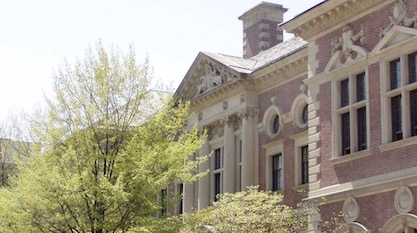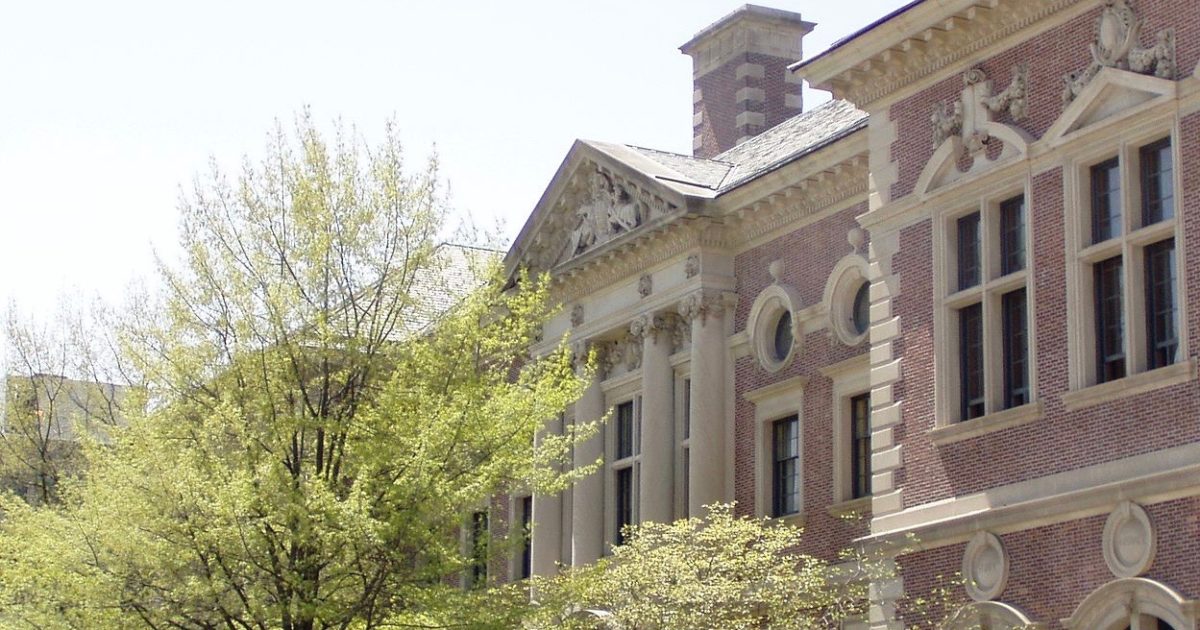 Education
Education
 Free Speech
Free Speech
A Professor Learns the Price of Speaking Her Mind


University of Pennsylvania law professor Amy Wax writes in the Wall Street Journal:
In debating others, we should have higher standards. Of course one has the right to hurl labels like “racist,” “sexist” and “xenophobic” — but that doesn’t make it the right thing to do. Hurling such labels doesn’t enlighten, inform, edify or educate. Indeed, it undermines those goals by discouraging or stifling dissent.
Professor Wax describes her experiences after co-authoring a controversial newspaper op-ed. The response illustrates the intense reactions in academia to unpopular views, and the willingness of many people to vilify those who hold disfavored perspectives.
The article that stirred all this animus was published in the Philadelphia Inquirer on August 9. Here’s what happened to her in response on her own campus:
As for Penn, the calls to action continue. My law school dean recently asked me to take a leave of absence next year and to cease teaching a mandatory first-year course. He explained that he was getting “pressure” to banish me for my unpopular views and hoped that my departure would quell the controversy. When I suggested that it was his job as a leader to resist such illiberal demands, he explained that he is a “pluralistic dean” who must listen to and accommodate “all sides.”
The original article analyzes the “breakdown of the country’s bourgeois culture.” You can read it for yourself. I too find some passages insensitive and unsympathetic — in a word, offensive.
But should offending others lead to career repercussions of the kind Amy Wax has suffered? That’s a different line to cross. The freedom to say things your colleagues don’t like, without being shut down for it, is vital in intellectual and academic life — not least in science.
Proponents of intelligent design know well the costs of operating in such an environment. They know how career threats stifle new ideas. In fact, what happened to Amy Wax is reminiscent of repercussions that ID advocates have endured.
Think of Don McDonald, who as a sociology grad student happened to mention in passing to his dissertation committee that he thought survival of the fittest worked better in sociology than biology. “Next thing I knew, I’m watching my committee discuss what’s going to happen to my life, that I’ve been investing in all this time,” McDonald recalls. Or mathematician Granville Sewell, whose article on evolution was withdrawn from a scholarly journal without notice.
Learn more about threats to academic freedom in the sciences at the new Free Science website, and find out what you can do to advance the cause of open inquiry. Has your own freedom been stifled? If you’re a student, parent, or educator in need of advice, there’s also a Helpline.
Let’s practice tolerance, not shut people down. And let’s join together to protect others from coercion.
Photo: University of Pennsylvania Law School, by Jeffrey M. Vinocur (Own work) [GFDL, CC-BY-SA-3.0 or CC BY 2.5], via Wikimedia Commons.
